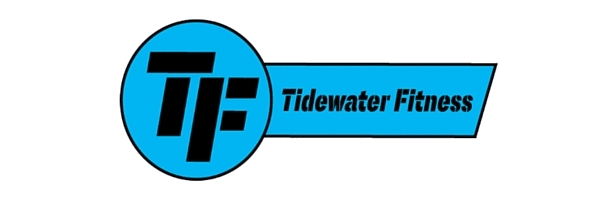Have you seen the show Parks and Recreation? If you haven’t, I highly recommend it. It’s hilarious!
I never saw it when it was on air, but last year my wife and I watched the entire series on Netflix. One of the running jokes throughout the series occurs between two of the main characters: Tom Haverford and Donna Meagle.
One day out of the year, they take an entire day and treat themselves to whatever they want. Things like expensive food, designer shoes, and massages. Nothing is off limits.
And they refer to this day as Treat Yo Self!
Again, if you’ve never seen the series, you need to watch it.
But anyway, I was thinking about this the other day and how this relates to the diet industry.
When people go on a “diet” the main concern is all about foods they can’t have. Here are some examples:
- Atkins Diet: Limit bread and pasta
- Paleo Diet: Limit grains, beans, and dairy
- Mediterranean Diet: Limit red meat and butter
This isn’t an exhaustive list by any means, but you get the idea. Most “diets” tend to be concerned about what you can and can’t eat. But the truth is this isn’t setting anyone up for success long term.
A study done in 2005 proved this point perfectly.
Researchers from the University of Toronto wanted to look at the relationship of being deprived of a specific food and how that relates to overall calorie intake and cravings (1).
They took 103 female college students and assigned them to 1 of 3 groups: chocolate deprived, vanilla deprived, or non-deprived. They created these 3 groups for a specific reason. Chocolate is not easily replaced within a diet, but vanilla is. They assumed that the chocolate deprived groups would experience more cravings because of this.
After 1 week, the authors of the study found that chocolate deprived group consumed more chocolate than any other group. They also found that both deprived groups experienced more food cravings than the non-deprived group. This, in turn, made them more likely to eat the off-limit food items.
Their conclusion was simply: Food restriction causes cravings and overeating.
And that is the point of this article. Considering any food as off-limits tends to create more problems than anything else.
I see a lot of new clients that believe they have to avoid dessert or have to avoid carbs to see weight loss. But this couldn’t be further from the truth.
This is why it’s important to treat yourself. Now, don’t take that as me saying you can eat whatever you want any day, all day. That won’t produce the results you’re looking for.
What I’m saying is, if you want some dessert have some dessert. If you want some carbs have some carbs. If you want some beer have some beer. Whatever it is that you consider a treat, don’t be afraid to make it apart of your diet. But responsibly, of course.
For example, my wife and I recently discovered a rolled ice cream shop in downtown Savannah. We stopped in the other week and split one of their desserts. To say it was delicious is an understatement!
But we aren’t going in there every single day to eat ice cream. We saw it when we were down there and wanted to try it. It was a great treat and we were satisfied when we left.
The important thing with food is finding balance.
Here’s an easy way to think about it. The bulk of your meals should be centered around protein, veggies, some good carbs (think fruit, quinoa, potatoes, etc.), and good fats (think nuts, oils, avocados, etc.). And then, leave a little extra for things like chips, dessert, alcohol, and the like.
It’s ok to have these food items. There’s nothing inherently bad about them. You just need to moderate them. And as science shows, including these into your diet sparingly will help you stick to your nutrition plan, prevent cravings, and stop overeating.
So go ahead, Treat Yo Self! But be smart about it. This will go a long way towards helping you get the results you want.
References:
1. Polivy, J. et al. The effect of deprivation on food cravings and eating behavior in restrained and unrestrained eaters. Int J Eat Disord. 2005 Dec;38(4):301-9.
Photo Credit:
1. www.culturess.com






